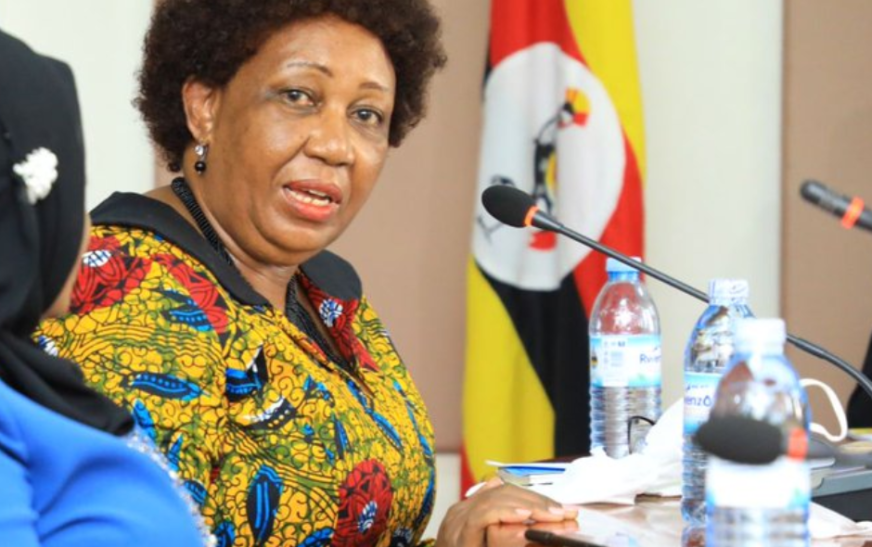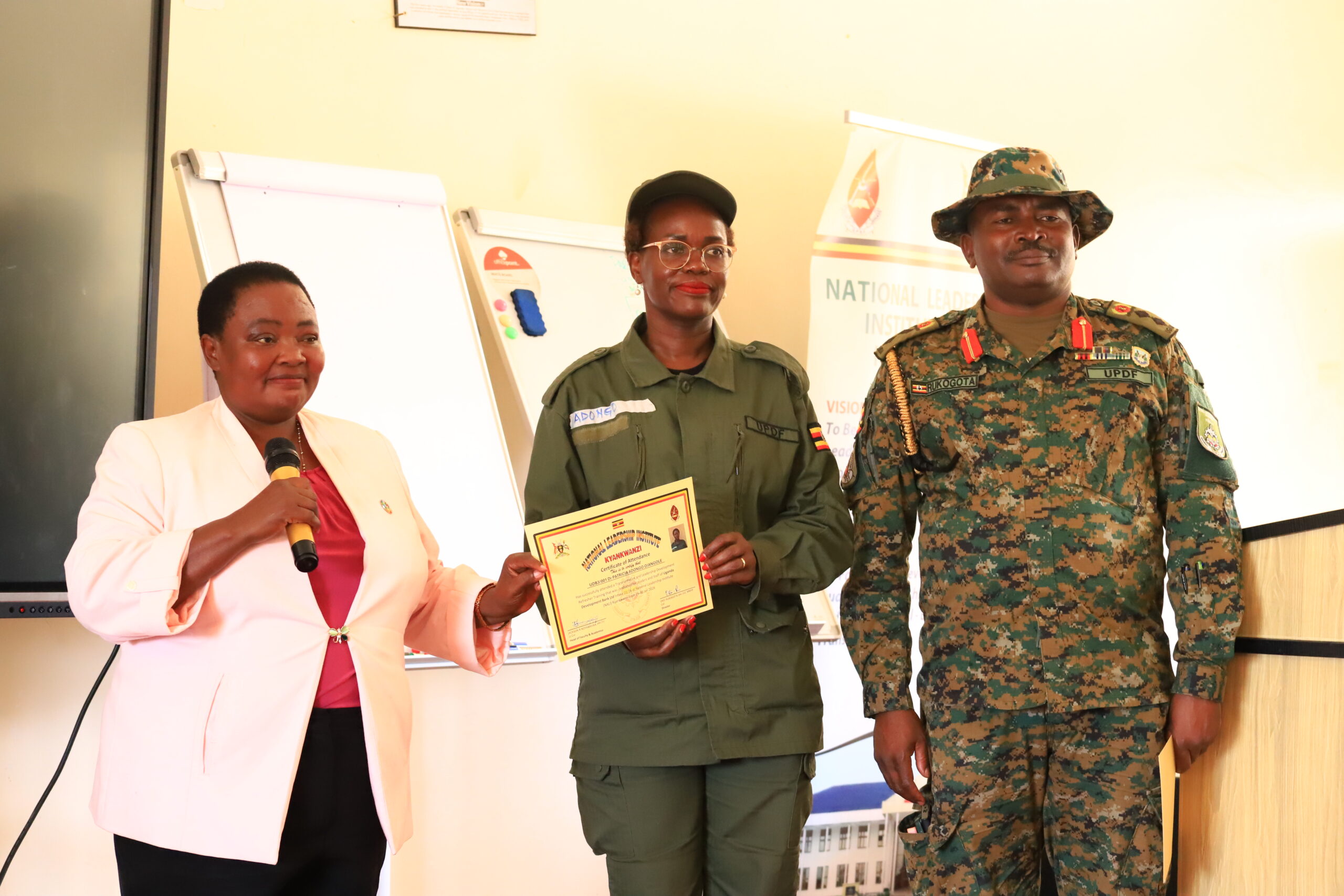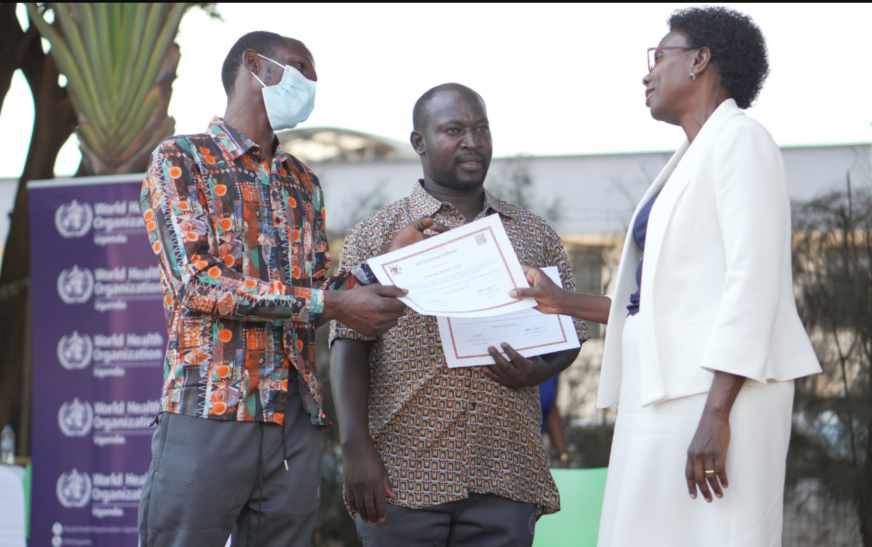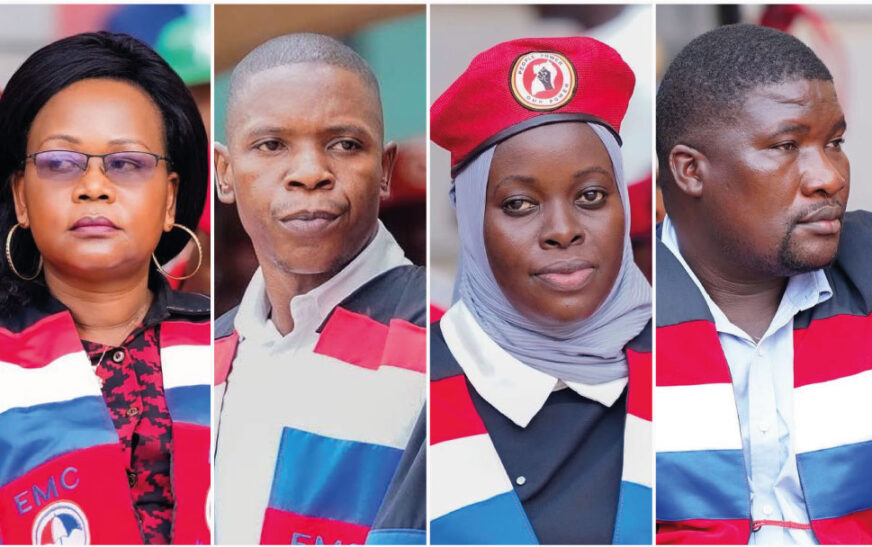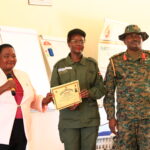The Uganda Human Rights Commission (UHRC) has awarded a total of Shs140 million in compensation to victims of human rights violations in the Lango Sub-region. The second tribunal sitting took place at the newly established Lira Regional Office, which officially opened on Monday in Lira City.
The tribunal awarded Shs 65 million to 83-year-old Alago Katorin, whose son, Adyebo Francis, died during interrogation by CID officers from Lira Police Station. Additionally, Shs 60 million was awarded to Cissy Akello, who lost her husband due to torture inflicted by prison officers, and Shs 15 million to Alake Michael, who was tortured in a joint operation by the UPDF and police to recover illegally possessed firearms.
The tribunal, chaired by UHRC Chairperson Mariam Wangadya, alongside commissioners Crispin Kaheru, Col. Steven Basaliza, and Lamex Omara Apitta, issued warnings and reminders to both the UPDF and the police regarding their constitutional duty to uphold and protect human rights.
In a ruling read by Commissioner Apitta on behalf of the tribunal, the Commission found that Adyebo Francis was taken from Erute Prison on October 26, 2007, by then-Lira District Police Commander Otim Reymond. At the time, Adyebo had been remanded on theft charges, but Otim reportedly wanted him for further investigation related to a murder case. Later that same day, Adyebo’s body was discovered at Lira Hospital Mortuary with bullet wounds to the forehead and chest.
Adyebo, a 29-year-old man, was still single and had no children. According to the complainant, his mother, he never had the chance to experience the joy of being a husband or father. He had decades of life ahead of him before his future was brutally taken away by agents of the respondent, Apitta stated.
He emphasized that the right to life is the most fundamental of all rights—without it, no other freedoms can be enjoyed. Death is final and irreversible. Alago, his mother, was permanently separated from her son and sole breadwinner.
The Commission found that police officer Otim’s actions were criminal, deliberate, arbitrary, sadistic, and cruel. As a result, it recommended that the Director of CID investigate Adyebo’s death in police custody with the intention of charging Otim with murder.
In a second decision, delivered by Col. Basaliza on behalf of the panel, the Commission established that Patrick Olum, who was arrested on June 7, 2008, for violating fishing regulations, was beaten to death by prison officers at Amolatar Government Prison. While Olum may have breached regulations by using the wrong net size, this was not a crime worthy of being denied bail, remanded, and ultimately losing his life. He was simply a man trying to earn a living for his family by utilizing the natural resources near him—Lake Kwania. For this, he paid the ultimate price.
Olum’s final hours were horrific. Like the other prisoners, he was bullied and humiliated. Forced to work continuously for at least four hours, he had to seek permission from his tormentors just to fix his hoe and resume digging. Tightly bound with rope and tied to a tree, he was left completely defenseless before being brutally kicked by a warder until he took his last breath.
“Olum was dehumanized and treated as an object. The moment he entered Amolatar Government Prison, he ceased to be a human being in the eyes of the officers. He became nothing more than a tool to generate money for them. When he slowed down, he was instantly discarded,” the Commission noted.
Even in death, Olum was degraded by prison officials. His body was tossed into a wheelbarrow like garbage and taken to a health center. Despite prisoners being worked nearly to death for the benefit of those in charge, O/C Amolatar Government Prison, Odong Mases, did not consider it necessary to seek medical attention for Olum’s body to delay decomposition.
In a third decision, delivered by Kaheru, the Commission noted that on the night of September 21, 2009, Michoal Olake and Morris Abak were arrested during a joint operation by the Uganda People’s Defence Forces (UPDF) and Uganda Police to recover firearms from unauthorized individuals.
The two men were briefly detained at Agwate Police Post, where they were subjected to beatings. While Abak was unable to prove his claims, Olake successfully presented evidence implicating soldiers from the Special Investigations Branch (SIB) of the 4th Infantry Division.
“Their actions amounted to torture, as well as cruel, inhuman, and degrading treatment. In determining the appropriate compensation for Otaka, we will consider the extreme physical and mental suffering he endured. He was severely beaten with sticks across his entire body and struck on the head with a gun butt, causing a wound. The head is one of the most delicate parts of the body, and injuries to it can be fatal. Additionally, being forced to produce a gun he did not possess was mentally exhausting,” the Commission noted.
“We remind the UPDF of its obligation to uphold human rights and freedoms while carrying out its duties. Under Article 221 of the Constitution, torture is never acceptable under any circumstances. The Uganda Human Rights Commission, empowered by Articles 52 and 53 of the Constitution, has the mandate to receive, investigate, and adjudicate human rights violation complaints, awarding damages or providing other remedies when violations are confirmed.”

